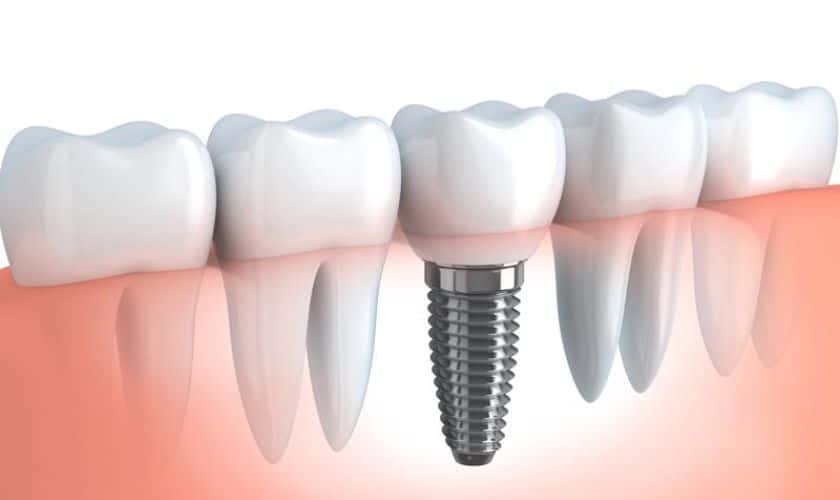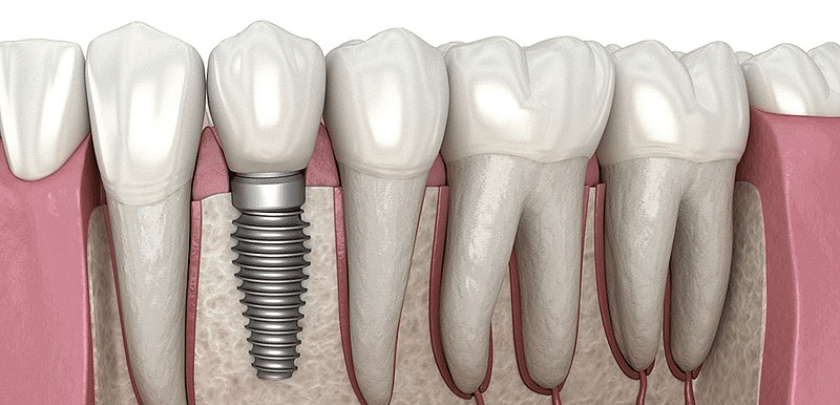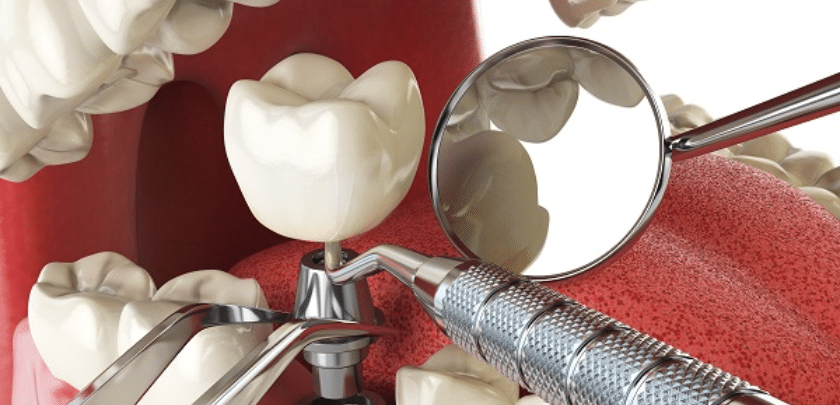Pearl Dental Blog

The Ultimate Guide To Dental Implants: Everything You Need To Know
Are you tired of missing teeth or ill-fitting dentures? Dental implants might just be the solution you’ve been searching for. They are a popular and effective way to replace missing teeth, allowing you to regain your confidence and smile with ease. But what exactly are dental implants, how do they work, and what benefits can they offer? In this ultimate guide, we’ll answer all these questions and more, giving you everything you need to know about dental implants. So let’s dive in!
What Are Dental Implants?
- Dental implants are a type of prosthetic tooth that is surgically implanted into the jawbone. They are an alternative to dentures and bridges and can be used to replace one or more missing teeth.
- Dental implants are made of titanium, a material that is compatible with the human body. The implant fuses with the bone over time, creating a strong and stable foundation for the artificial tooth.
- The implant itself is a small metal post that is placed into the jawbone. Once the implant has healed, a small connector piece called an abutment is placed on top of it. The abutment serves as a base for the artificial tooth, which is known as a crown.
- Crowns can be made from various materials, such as porcelain or ceramic. They are designed to match the color and shape of your natural teeth.
If you are considering dental implants, it is important to consult with your dentist to see if they are right for you.
The Different Types Of Dental Implants
- Dental implants are a versatile solution for missing teeth and can be customized to meet the specific needs of each patient. There are several different types of dental implants that are available, and your dentist will help you choose the best option for your individual case.
- The most common type of dental implant is the endosteal implant, which is placed directly into the jawbone. This type of implant is typically used for patients who are missing one or more teeth in a row. Another option is the subperiosteal implant, which sits on top of the jawbone beneath the gum line. This type of implant is often used for patients who have lost all of their natural teeth.
- No matter which type of dental implant you choose, you can be confident that it will give you a natural-looking and -feeling smile that you can be proud of.
The Benefits Of Dental Implants
Dental implants are a popular and effective treatment for missing teeth. There are many benefits to dental implants, including:
- Are a permanent solution for missing teeth
- Look, feel, and function like natural teeth
- Do not require special care or maintenance
- Are strong and durable
- Can improve your oral health by preventing gum disease and tooth decay
- Can boost your confidence and self-esteem
The Recovery Process After Dental Implant Surgery
After your dental implant surgery, you will likely experience some swelling and bruising in the area. This is normal and will subside within a few days. You may also have some numbness in your gums and lips, which should also go away within a few days. It’s important to take it easy after your surgery and not overdo it, as this can delay the healing process. Stick to soft foods for the first few days and gradually introduce solid foods back into your diet as you feel comfortable. Avoid chewing directly on the implant site for the first few weeks to allow it to heal properly. You should also avoid smoking or using tobacco products, as these can slow down the healing process.
In conclusion, dental implants are a great and effective way to restore your smile and confidence. We hope this guide has been helpful in giving you an understanding of the process, and maintenance involved with getting dental implants. If you’re still unsure whether or not they’d be a good fit for you, don’t hesitate to speak to your dentist about it – they will be able to give you all the information that you need in order to make an informed decision.





